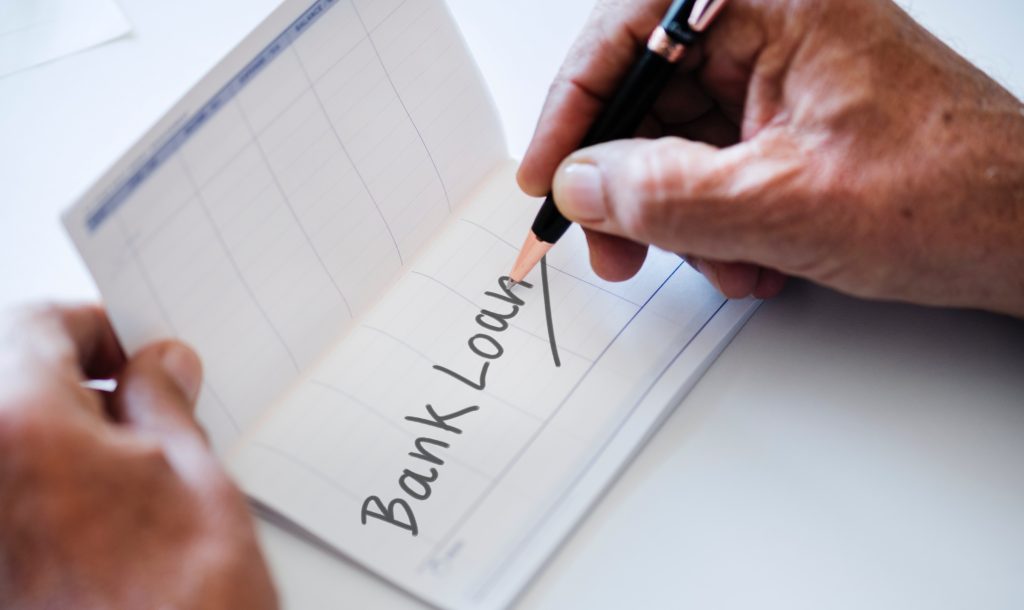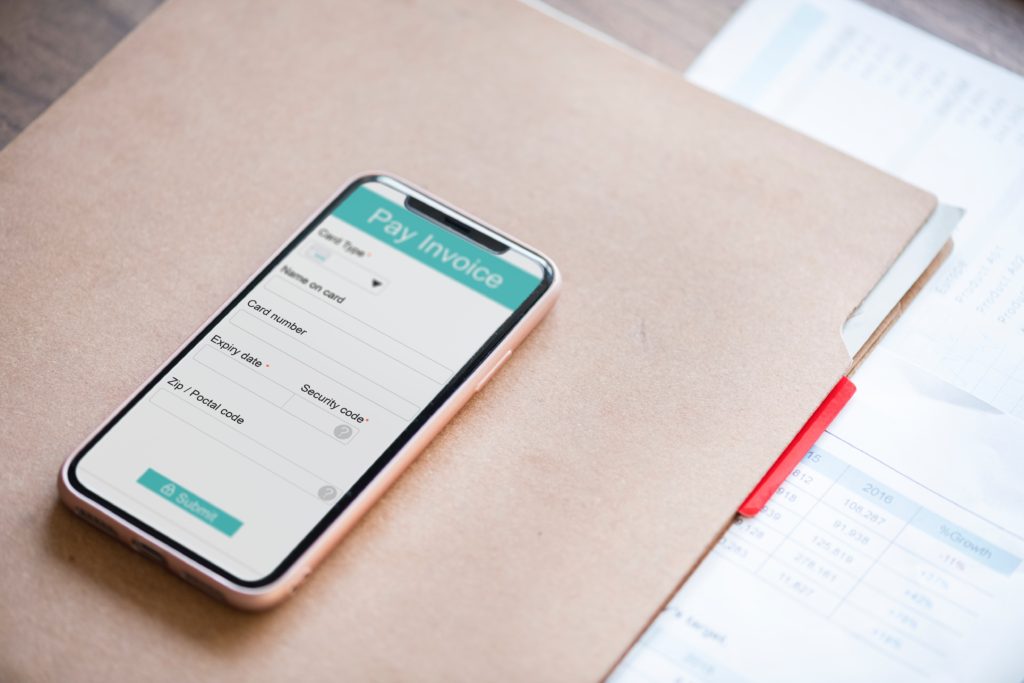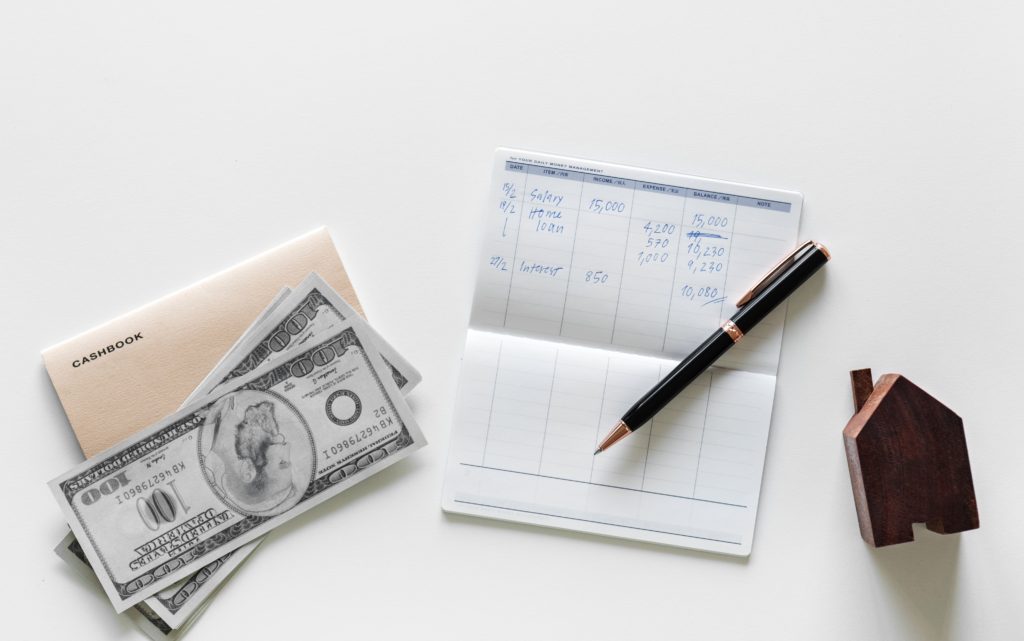
Buying a home makes for a costly investment, which is why it’s essential that you make this investment only when you’re fully capable of doing so. In order to purchase a home, you’re almost certainly going to need to obtain a loan to pay the majority of the costs. However, banks don’t approve loans without certain qualifications, which are designed to mitigate the risks of providing you with a loan.
While there are many different types of loans that you might qualify for, the majority of these loans require you to make a significant down payment on the real estate property, to have a strong and stable income, and to have a good or great credit score. With these qualifications, you’ll likely be approved for a loan and may even be able to receive good loan terms.

A golden credit essentially refers to any score between 760-850, the latter of which is the highest score that you can obtain. Your credit score is a major factor in securing a personal loan. The score that you have helps to determine how worthy you are to receive credit. Since it’s always going to be risky for a bank or other entity to provide an individual with a loan, a credit score gives the bank the information they need to lessen the risk of a loan.
When you’re buying or selling a home, credit score is very important during the process. For buying a home, your score will play a substantial role in being able to qualify for a home loan. Keep in mind that making a higher down payment may be able to lower the credit score requirements.

If you’re about to place your home on the market, you should be prepared for your score to go down somewhat until you purchase another home. Paying off your mortgage after the sale of the home means that you’ll no longer have an installment loan that you pay off each month. However, your score can quickly rebound by opening another loan or by making consistent payments on any car loans or other monthly payments. The possible drop in your credit score shouldn’t be an issue if you already have a strong credit score. When you have a good credit score, you’ll be able to more readily purchase a vehicle, rent an apartment, and buy a home, which is why everyone should do what they can to strengthen their score.
Real Estate Investors with a Golden Credit Score

Before you even think about investing in real estate, it’s important that you have a good credit score. Along with being able to obtain better mortgage rates and eventual refinancing rates, a good credit score also provides you with more power when negotiating for your initial mortgage loan. If you have a score below 580, it will be almost impossible for you to qualify for a mortgage loan. With a higher score above 700 or so, you may be able to start considering multiple loan options to find the best terms. If your score is higher than 760, the rates and loan terms that you receive will undoubtedly be better, which ensures that you’ll have a lower monthly mortgage payment than you would if your score wasn’t as high.
Higher qualifications with your credit score should also speed up approval, which means that you likely won’t need to wait long until you can purchase the home of your dreams. If you have a great score, you may be able to have the loan approved in less than 30 days. With a lower score or a shorter payment history, your poor qualifications could cause the approval process to take as long as 45-60 days.

Along with the lower interest rates that you’ll receive, a higher credit score will also provide you with better terms for your loan. For instance, you might want to consider a 15-year fixed-rate mortgage. While the standard loan term is 30 years, a 15-year mortgage allows you to pay off the loan in just half the time. Even though your monthly payments will be higher, more of these payments will go towards the principal balance of the mortgage instead of the interest.
Tradelines to Boost Credit Score

If you’ve checked your credit report and find that your credit score isn’t as high as you want it to be before you purchase a home, there are many things that you can do to boost your credit score. Your credit score is measured by many different factors, the most important of which is your payment history. You need to make sure that you pay your bills on time and in full every month. Any late payment that you make will cause a significant drop in your score. Your payment history accounts for around 35 percent of your score.
The amount of credit that you use each month will also dictate whether your credit score increases or decreases. Let’s say that you have a $4,000 monthly limit on one of your credit cards. While this $4,000 limit means that you can go up to the limit if absolutely necessary, you’re actually supposed to stay at or below 30 percent of the limit. Lower percentages equal a better credit score, which is another reason why it’s important for you to pay your bills in full every month.

If you want to quickly increase your current credit score, try to use around 10 percent of the card limit each month until your score has increased to your preferred number. The length of your credit history and your recent activity for credit applications will also dictate what your overall credit score is. All of these factors are measured directly by FICO.
If you’re wondering if your score is good, a score from 300-579 is considered to be very poor. Any score from 580-670 is considered to be fair, while credit scores that range from 670-739 are believed to be good. A score from 740-799 is very good, which should begin to net you better interest rates. Any score from 800-850 is believed to be exceptional, which is why you should be aiming for this score. While there are differing opinions on when a person should start getting a credit card to build their credit score, it’s widely believed that you should get one between the ages of 18-22. At this age, you can start placing small payments on your card, which will allow you to build a credit history before you need to start taking out too many loans.

If you’re a millennial, you should start building your credit score to account for your future needs of buying a home. Since payment history is the most important factor in your credit score, it’s essential that you start building this payment history as early as possible. At first, you could focus solely on placing your monthly phone bill on the card to make it easy for you to create a payment history. A great way to improve your credit score is also by opening new tradelines, which refer to new credit accounts. Opening a new credit account maximizes the amount of credit that’s available to you. As long as you don’t overspend, having multiple lines of credit will prove that you’re responsible with your money.
Getting the Best Mortgage Loan Rates

A mortgage is a loan that prospective homeowners can obtain from a bank or similar financial institution that allows the borrower to purchase a home that they’re interested in. This mortgage loan is secured directly by the home itself, which means that a default on the loan would allow the bank to sell the home in order to get back some of its losses. It’s important to understand that there are many different types of mortgages available to you as a prospective home buyer, which include fixed-rate mortgages, adjustable-rate mortgages, and various government mortgages.
Every mortgage comes with its own loan terms that dictate how much interest you’ll need to pay and what the length of the loan is going to be. While there are numerous factors that can play a role in the kind of interest rates you’re provided with, likely the most important factor involves your credit score. When you have a high credit score, you will almost certainly receive lower interest rates than someone with a lower credit score.

A higher credit score with a somewhat lengthy credit history shows the bank that they can trust you to pay back your loan over 15 or 30 years, which means that they don’t need to charge as much interest to mitigate the risks of giving you a loan. If your credit score is lower than it should be, the bank will likely require you to pay high interest rates to lessen the chances that they lose money if you eventually default on your payment.
The credit score that you need in order to obtain a mortgage loan and purchase a home depends on a variety of factors, which include the type of loan you select, the down payment you provide, and your credit score. When you choose a standard FHA loan, you will need to have a credit score of at least 580. All other loans require credit scores of 620 or above. However, these base scores would come with very high interest rates, which would saddle you with high monthly mortgage payments. For the best interest rates on your mortgage, you’ll want to have a FICO score of 760-850, which should provide you with a 3.64 percent interest rate on a standard mortgage loan. With this credit score, you can be certain that you’re getting the best rate available.
Conclusion
One of the most essential aspects of buying a home is having a golden credit score. If you want to have a golden credit score with a bank, you need to work hard to develop trust and reliability with them over time, which means that you need to make your payments on time, get rid of any debts that are listed on your credit report, and keep balances low on your current credit cards.
In time, you’ll likely notice that your credit score is consistently increasing. Once you’ve built a high credit score, you will have the potential to earn the best mortgage loan rate that will allow you to purchase your home with fantastic loan terms.
If you’re interested in Southern California luxury real estate and have taken the necessary steps to strengthen your credit, please contact Nicki & Karen today!